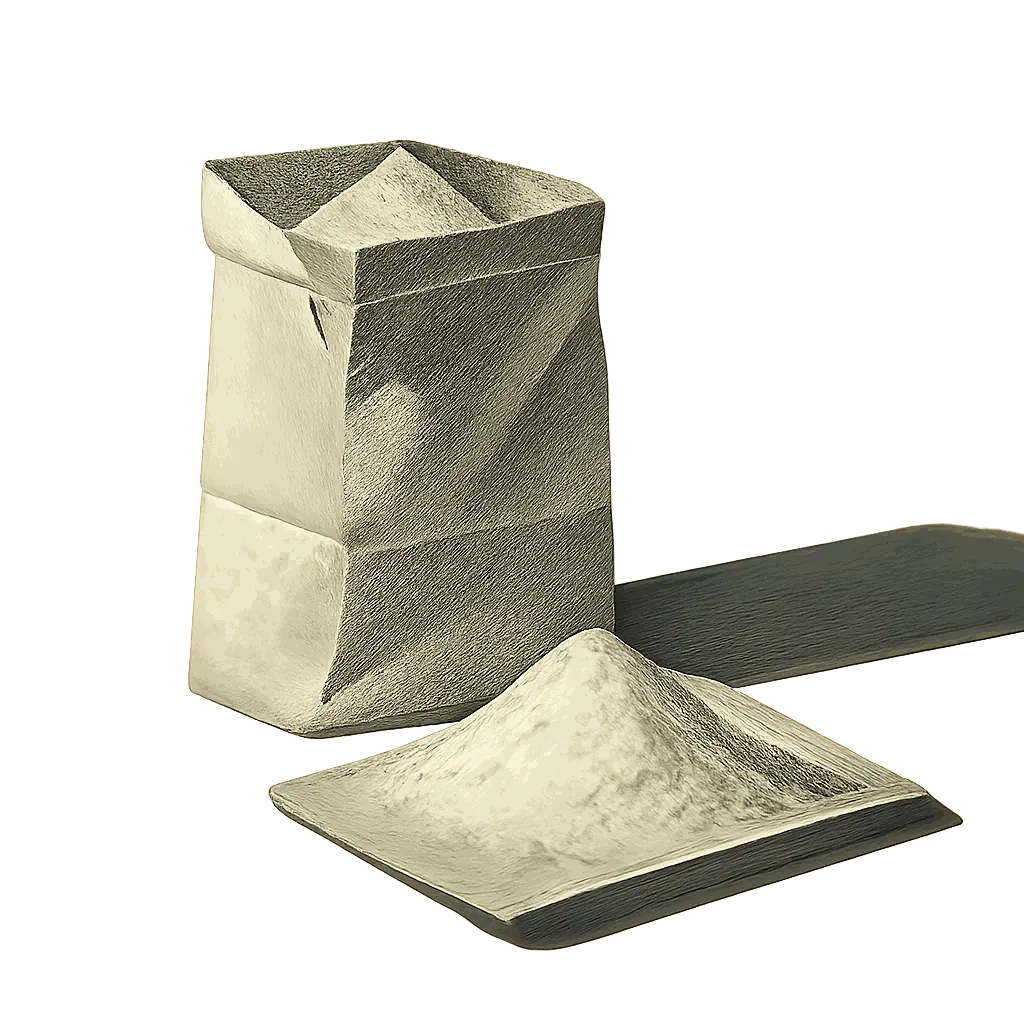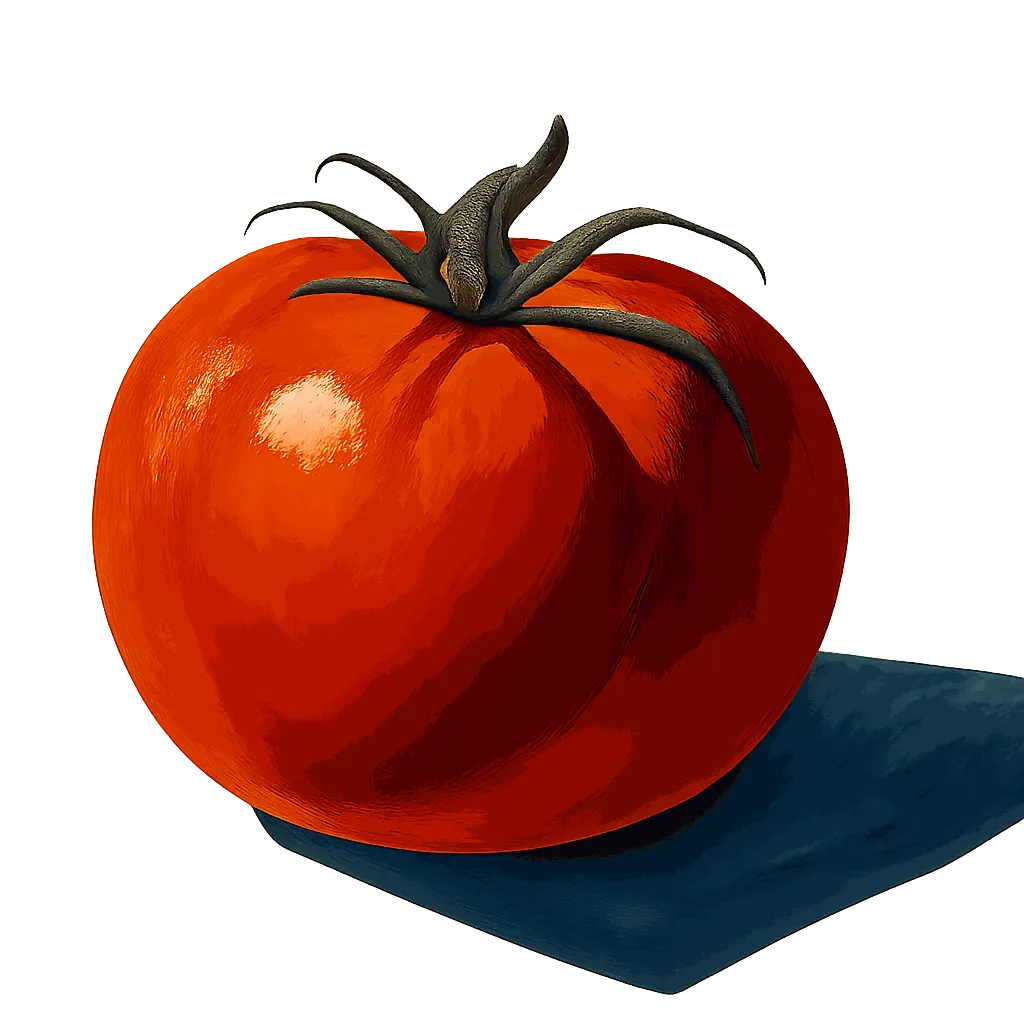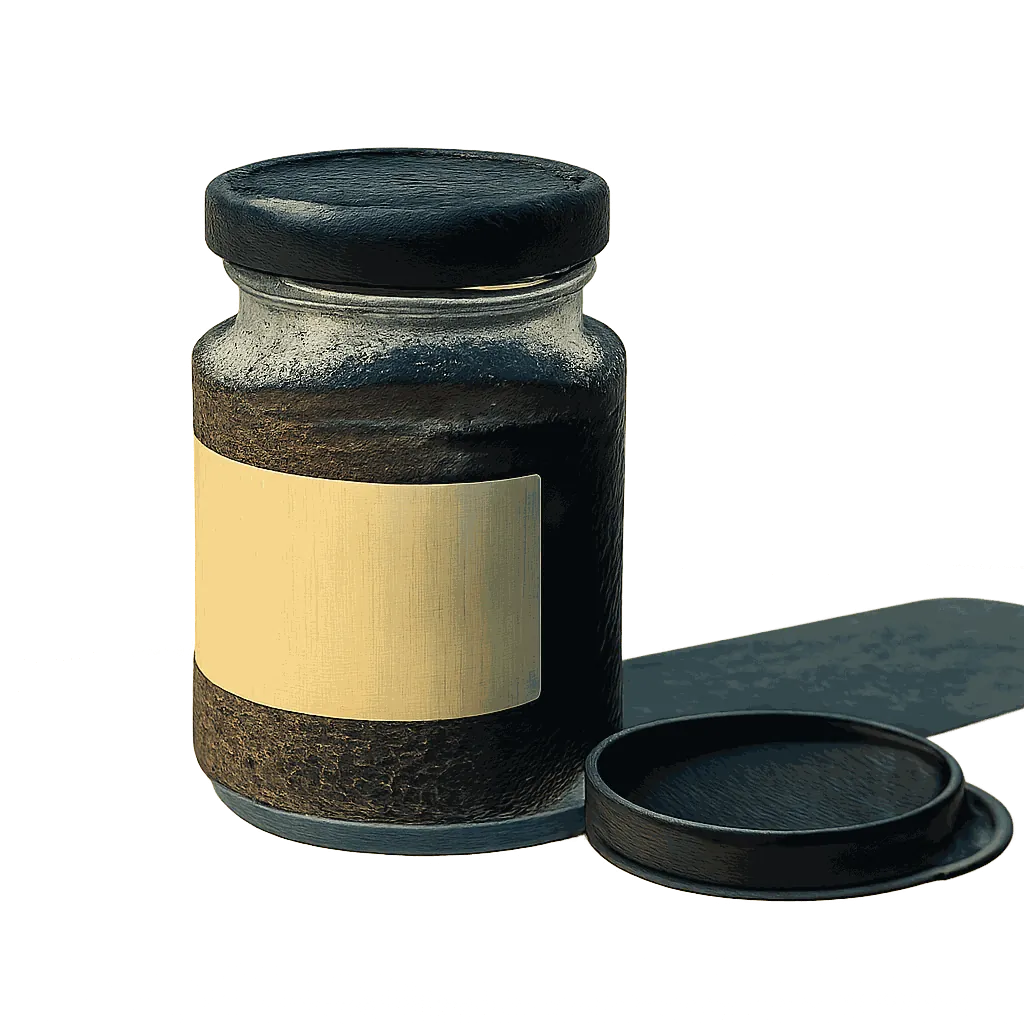Perfect Pairings & Recipes for
Benoit Lahaye Brut Nature (Champagne)
.webp)
Analysing hundreds of thousands of recipes uncovers Benoit Lahaye Brut Nature (Champagne)'s optimal flavour pairings.
Benoit Lahaye Brut Nature (Champagne) immediately conjures the evocative embrace of sour apple and the bracing kiss of yeast. But look beneath its obvious sourness and you'll discover a captivating symphony of softer notes, a whisper of chalk, a hint of flint, and subtle accents reminiscent of toast that give it remarkable depth. Understanding how these layered flavours work together is the secret to unlocking truly exceptional pairings.
To map these harmonies, we analysed thousands of ingredients, breaking each one down across 150 flavour dimensions, identifying which notes complement and contrast. Our analysis reveals, for example, how red pepper flakes's capsaicin tones infuse with Benoit Lahaye Brut Nature (Champagne), and how red pepper's capsicum notes create a surprising synergy with its crisp tartness.
Flavour Profile Of Benoit Lahaye Brut Nature (Champagne) Across 150 Dimensions Of Flavour
Flavour wheel chart showing the dominant flavour notes of Benoit Lahaye Brut Nature (Champagne): Malic, Flint, Limestone, Yeasty, Saline, Toasted, Caramel, Plum, Lactic, Oxidized, Buttery
An ingredient's flavour stems from its core characteristics, such as acidic, nectarous, or floral, combined with layers of subtle flavour notes (outer bars). For a balanced dish, pair ingredients with a variety of core flavours, and choose complementary aroma notes for harmony.
Unlocking Flavour Combinations
To understand how flavour notes harmonise, we analysed more than 50,000 popular ingredient combinations. By exploring these pairings, we identified specific flavour notes that frequently occur together, indicating they share a harmonious relationship.
The Flavours That Harmonise With Malic Notes
Strength of Association Between Flavours
The flavours most associated with malic notes are: Hoppy, Capsicum, Saline, Capsaicin, Oceanic, Fishy, Peppercorn, Lactic, Seaweed, Smoky, Sulfurous, Charred, Oyster, Peaty, Camphor.
Our analysis shows that the flavour of sour apple is strongly associated with the flavour of bell pepper. This suggests we should look for ingredients with a capsicum flavour, such as red pepper, when pairing with the malic accents of Benoit Lahaye Brut Nature (Champagne).
The recipe below provides inspiration for pairing Benoit Lahaye Brut Nature (Champagne) with red pepper.
Harmonious Flavours Of Benoit Lahaye Brut Nature (Champagne)
Just as our analysis found that sour apple and hoppy flavour notes harmonise well, we can identify the full profile of flavours that harmonise with each of the flavours present in Benoit Lahaye Brut Nature (Champagne). E.g. the flint flavours of Benoit Lahaye Brut Nature (Champagne) are often used with pencil-lead and lemony accents.
The aroma notes complementing the various aromas of Benoit Lahaye Brut Nature (Champagne) can be seen highlighted in the pink bars below.
Flavour Profile Of Benoit Lahaye Brut Nature (Champagne) And Its Complementary Flavour Notes
Flavour wheel chart showing the dominant flavour notes of Benoit Lahaye Brut Nature (Champagne): Malic, Flint, Limestone, Yeasty, Saline, Toasted, Caramel, Plum, Lactic, Oxidized, Buttery
Matching Flavour Profiles
The flavour profile of red pepper flakes offers many of the aromas complementary to Benoit Lahaye Brut Nature (Champagne), including capsaicin and capsicum aroma notes. Because the flavour profile of red pepper flakes has many of the of the features that are complementary to Benoit Lahaye Brut Nature (Champagne), they are likely to pair very well together.
Prominent Flavour Notes Of Red Pepper Flakes Are Represented By Longer Bars
Flavour wheel chart showing the dominant flavour notes of Red pepper flakes: Capsaicin, Capsicum, Tomatoey, Poivre, Caramel, Smoky, Raisin, Astringent
The chart above shows the unique profile of red pepper flakes across 150 dimensions of flavour, while the recipes below offer inspiration for bringing these flavours together with Benoit Lahaye Brut Nature (Champagne).
Recipes That Pair Benoit Lahaye Brut Nature (Champagne) With Red Pepper Flakes
Linked Flavour Notes
Looking at the aromas that are most strongly associated with the various flavours of Benoit Lahaye Brut Nature (Champagne), we can identify other ingredients that are likely to pair well.
Benoit Lahaye Brut Nature (Champagne)'s Harmonious Flavours And Complementary Ingredients
Benoit Lahaye Brut Nature (Champagne)'s Strongest Flavours
Complementary Flavours
Ingredients with Complementary Flavours
Flavour groups:
Nectarous
Acidic
Floral
Herbal
Spice
Vegetal
Earthy
Woody
The left side of the chart above highlights the aroma notes of Benoit Lahaye Brut Nature (Champagne), along with the complementary aromas associated with each note. While the right side shows some of the ingredients that share many of the aroma accents complementary to Benoit Lahaye Brut Nature (Champagne).
Prominent Pairings
Our analysis identifies dishes that pair well with Benoit Lahaye Brut Nature (Champagne) and highlights the prominent ingredient combinations within these recipes. Key pairs include wild rice and chestnut offering starchy aroma, white truffle oil and chicken stock for savoriness, thyme and leek for cepaceous depth, and wild mushroom and sage for a complex salvian undertone. Explore these combinations to unlock Benoit Lahaye Brut Nature (Champagne)'s hidden complexity, reveal deep nuance, and elevate its vibrant character.
Ingredient Combinations Among Dishes That Pair With Benoit Lahaye Brut Nature (Champagne)
Flavour groups:
Sour
Herbal
Spice
Tawny
Earthy
Bitter
Umami
How Flavonomics Works
We've pioneered a unique, data-driven approach to decode the intricate art of flavour pairing. Our goal is to move beyond intuition and uncover the science of why certain ingredients harmonise beautifully. This rigorous methodology allows us to provide you with insightful and reliable pairing recommendations.
Our analysis begins with over 50,000 carefully selected recipes from acclaimed chefs like Galton Blackiston, Marcello Tully, and Pierre Lambinon. This premium dataset ensures our model distils genuine culinary excellence and creativity.
Each ingredient from these recipes is deconstructed across 150 distinct flavour dimensions, creating a unique numerical "flavour fingerprint." This quantification allows us to apply advanced analytical methods to identify complex patterns between flavour notes.
We identify popular ingredient combinations that frequently appear in our recipe database. Regression analysis is then performed on these pairings to statistically validate and pinpoint truly harmonious flavours.
These insights drive our predictive model, which allows us to take any ingredient (e.g., Benoit Lahaye Brut Nature (Champagne)), analyse its detailed flavour profile, and accurately reveal its complementary flavours and perfect ingredient partners.
Explore More
Discover more ingredient profiles and expand your culinary knowledge. Each ingredient page offers detailed analysis of flavour profiles, pairing insights, and culinary applications.
The content on our analysis blog is semi-automated. All of the words were manually written by a human, but the content is updated dynamically based on the data.


